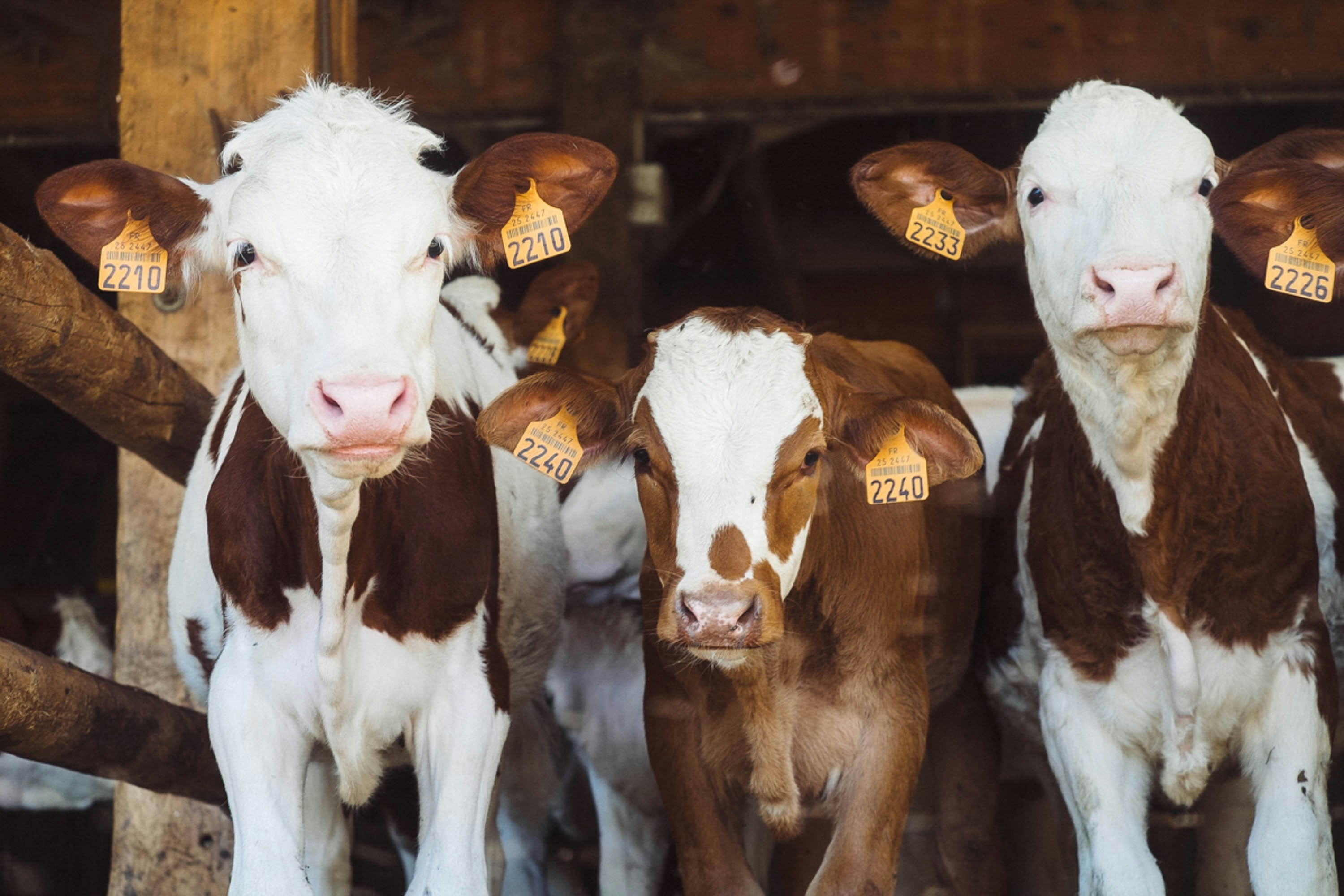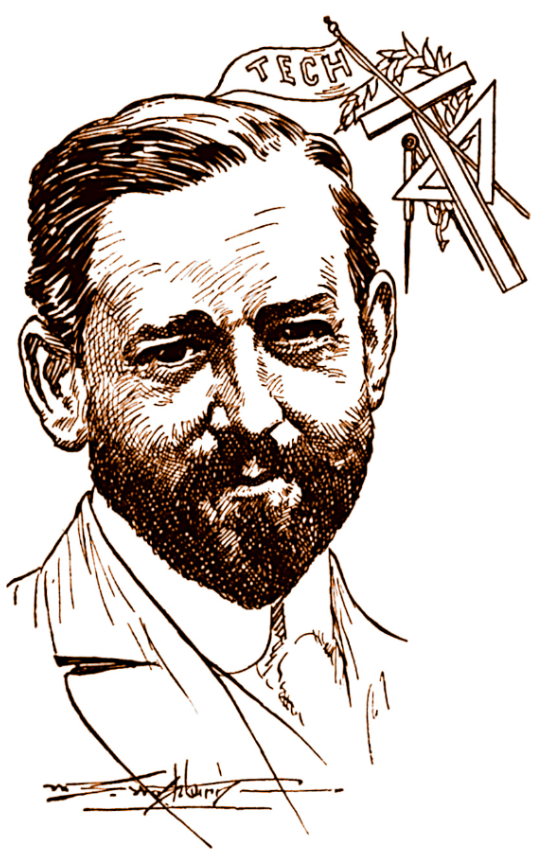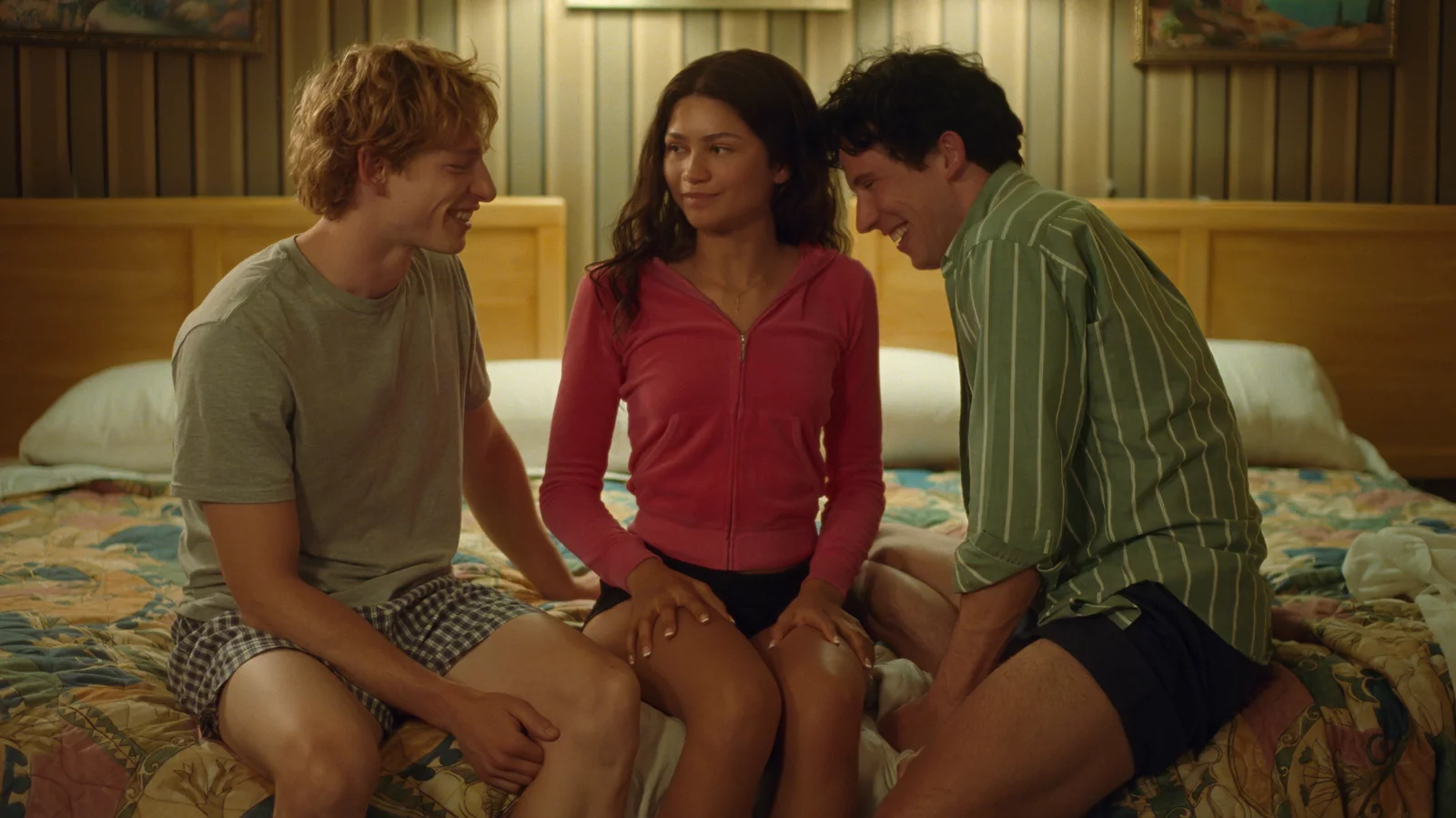
Have you ever read Shel Silverstein?
If you haven’t, I’d recommend sampling a few of his poems before continuing. Oh, what’s that? You’re busy? You have things to do, places to go, people to see?
Well, I mean, if you’re in such a hurry, then I don’t know what else I can say. Carry on then, put down this paper, go. There’s so much to do, so much to get through, and I can’t ask you to bother a bit of your time with the silly thoughts of a writer, can I?
If you’re not in a hurry, though, then I would ask you to read a little Shel. I can give you a few to read if you’d like; I have a bit of a habit of recommending things even when they’re not entirely necessary.
Here, I’ve got just the one for you:
“Runny lent to the library
And there were hundreds of hooks —
Bistory hooks, beography gooks,
And lots of bory stooks.
He looked them over one by one
And guess which one he took —
A bience scook? A boetry pook?
Oh, no — a bomic cook!”
Beautiful, isn’t it? Complete and utter ridiculous nonsense, distilled onto a page for the unamusement of the masses. I mean, really, “beography gooks”? My autocorrect will barely let me spell that right, and no Google Docs, I have not, and never will, mean “biography.” I am a strict studier of beography, and of all the various mountries and countains and vivers and ralleys that come along with that study.
There’s nothing really to be gained from the reading of the misadventures of Runny. It’s whimsy, it’s meaningless babble put to page by a mere mortal.
And yet, it sticks with you. Maybe not Runny, maybe not bomic cooks, maybe not even Shel himself, but it’s the whimsy that clings to you when you read.
Ask yourself this — have you ever seen a purple cow?
Gelett Burgess hadn’t either, and yet, his little pithy ditty (and they said I can’t write poetry) is hard to forget.
“I never saw a purple cow,” Burgess informs us. “I never hope to see one,” he reminds us, his position clear, his bigotry towards the cows evident — but he continues, “but I can tell you, anyhow” — we are left in anticipation — “I’d rather see than be one.”
Complete and utter nonsense. Complete and utter beautiful nonsense, with its own sense of scale and style and foolishness.
We often write poetry about the human soul, about the costs and the tragedies and the things that make us cry and make us shiver in fear. We discuss death, life, our quibbles with the reaper, and the everlasting specters that haunt us.
Why not talk about nothing at all?
I mean, there is only so much time we have, only so many fleeting minutes (ask a musical theater kid to give you the exact number, I think it’s in the ballpark of 525,000). Why spend a single one of our made up shower arguments with death and taxes and philosophy and God?
Why not talk about a purple cow? Well, besides Burgess’s threats to kill us if we ever dare to breathe that monstrous being’s name, there really isn’t anything stopping us.
There’s this haunting quality to the nonsense that fills the pages of Shel Silverstein’s works — there are stories told, strange oddities explored, the hell of a poet’s mind spilled onto the page for children to read. He’s not alone — the nonsense that engulfs poetry cannot ever truly be lost. A medium that can tell the most tragic of humanities stories can also, always tell its most nonsensical. It’s that beauty that makes poetry what it is today, that makes the great authors into great authors and great poets into bores that are delved into in the dusty depths of English courses the world over.
What Shel told us, though, was to embrace nonsense. It isn’t hard to paint a picture if we drop the notion that things must make sense, and it gives us so many more colors to lay upon our canvas. It’s among the nonsense where we can write the most pivotal, heart-rending poetry.
Shel Silverstein is no mere purveyor of nonsense — he writes stories full of them. He’s part of a trend — authors writing their lives, their struggles, their own tragedies for children. Telling them the stories of age in a way they can understand, or perhaps in a way they can enjoy.
Tucked inside those bomic cooks and bory stooks, are the stories that shape us and who we are. Shel Silverstein made sure we never really lost a little sense of whimsy.
“There is a place where the sidewalk ends
And before the street begins,
And there the grass grows soft and white,
And there the sun burns crimson bright,
And there the moon-bird rests from his flight
To cool in the peppermint wind.”






Leave a Reply